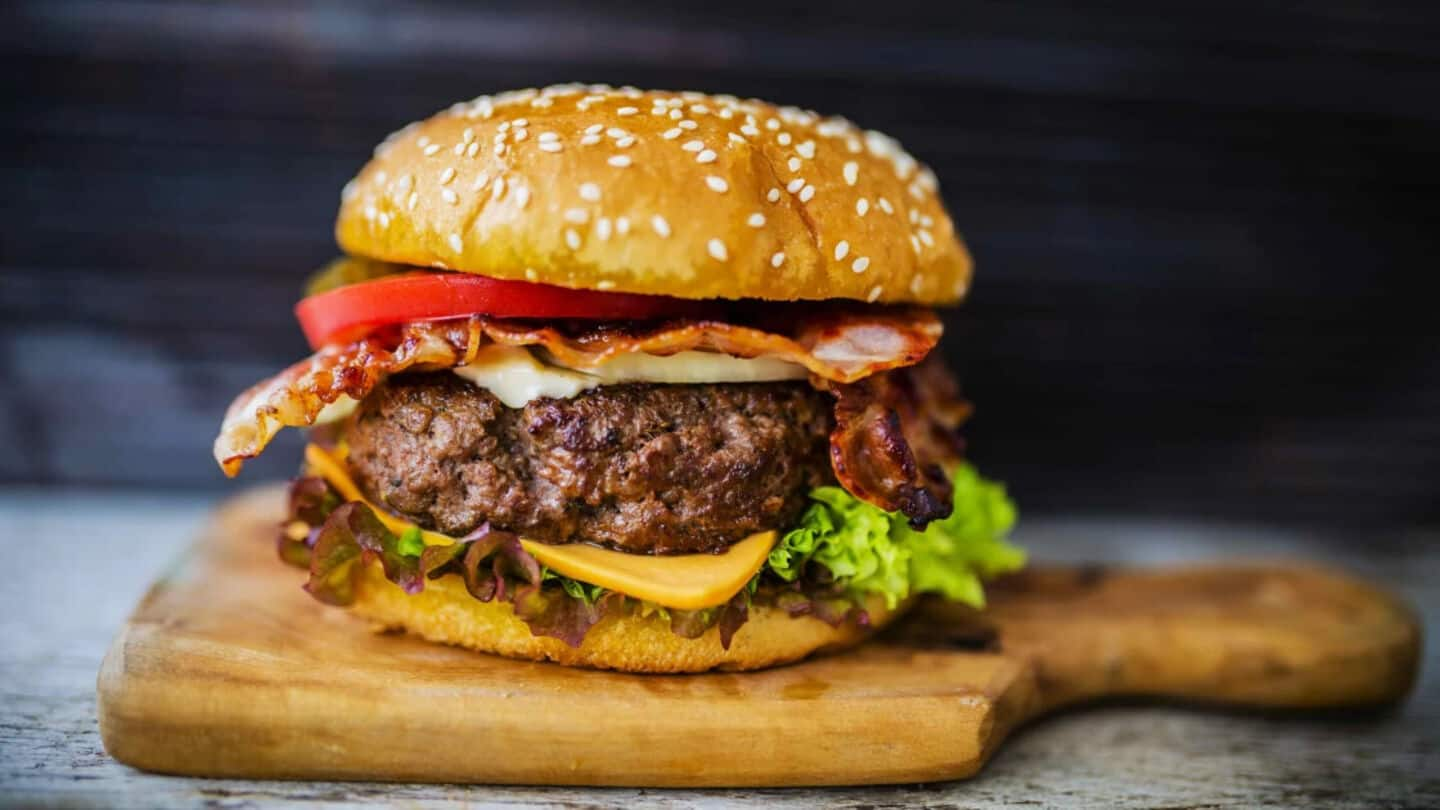
North Korea bans English words like 'hamburger,' 'ice cream'
What's the story
North Korean leader Kim Jong-un has banned the use of certain English words, including "hamburger," "ice cream," and "karaoke." The ban is part of a larger effort to promote North Korean vocabulary and prevent cultural infiltration through language. Tour guides at the newly opened Wonsan beachside resort have been specifically instructed to avoid these terms when interacting with visitors.
Language change
Guides instructed to use alternative terms
Instead of "hamburger," guides are to use "dahin-gogi gyeopppang" (double bread with ground beef). Ice cream is now called "eseukimo" (Eskimo), and karaoke machines are referred to as "on-screen accompaniment machines." The move is part of a state-run training program where guides must memorize officially approved slogans and expressions.
Media censorship
Crackdown on foreign media consumption
The language restrictions come amid a wider crackdown on foreign media consumption in North Korea. The regime has imposed extreme punishments, including the death penalty, for those caught watching or sharing foreign films and television dramas. A recent United Nations report highlighted worsening repression over the last decade, especially against citizens accessing foreign media.
Repression report
Death penalties for watching foreign films
The UN report documented house raids, harsh punishments, and public executions for those caught consuming outside media, such as watching South Korean dramas, listening to foreign music, or sharing banned films. Since 2015, Pyongyang has criminalized information from "hostile nations," with crackdowns intensifying after 2020. Despite the risks, many North Koreans still access banned media through smuggled USB sticks and illegal radio broadcasts, the Indian Express said, citing reports.